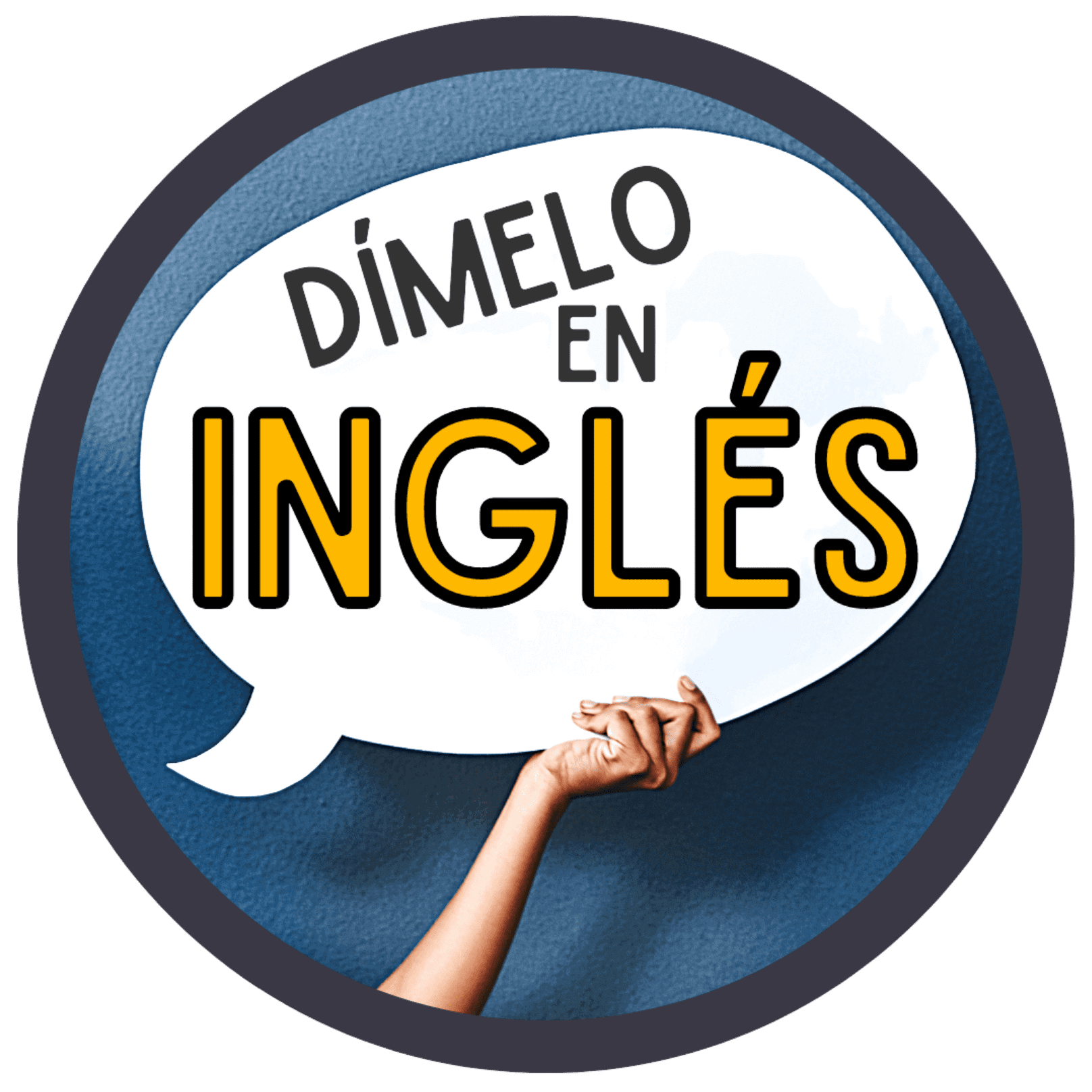- Ejercicio
- Explicación
- Video
📝 Instructions for the Activity
In this activity, you will see 10 sentences, each with a blank space.
Your task is to choose the correct answer from three options.
👉 Only one option is correct, so read carefully and choose the best one!
When you select an answer, the system will automatically check it and tell you if your choice is right or wrong.
At the end of the activity, you will get a summary of all your answers,
plus explanations for the correct ones, so you can learn and improve.
💪 Take your time, do your best, and most importantly—have fun learning!
Good luck!
🔑 Subtle Differences Between Similar Verbs
Let’s break down common English verbs that seem similar but have different meanings depending on the context. Understanding these helps you sound more accurate and natural.
✅ 1. Lie / Cheat / Deceive
- Lie = Say something false.
She lied about her age. - Cheat = Break the rules to gain an advantage.
He cheated on the test. - Deceive = Trick someone intentionally.
They deceived the public with fake promises.
✔️ Use “lie” for untruths, “cheat” for rule-breaking, and “deceive” for manipulation.
✅ 2. Hit / Punch / Slap
- Hit = General word for striking.
The ball hit me in the face. - Punch = Hit with a closed fist.
He punched the wall in anger. - Slap = Hit with an open hand, often on the face.
She slapped him during the argument.
✔️ “Hit” is general; “punch” is stronger and uses a fist; “slap” is flatter and emotional.
✅ 3. Destroy / Damage / Break
- Destroy = Ruin completely.
The fire destroyed the house. - Damage = Harm, but not totally ruin.
The storm damaged the roof. - Break = Separate into parts or stop working.
I broke my phone screen.
✔️ “Destroy” = total ruin, “damage” = partial harm, “break” = usually physical failure.
✅ 4. Shout / Yell / Scream
- Shout = Speak loudly.
He shouted across the room. - Yell = Loud, emotional shout.
She yelled in anger. - Scream = High-pitched cry, often fear or pain.
He screamed when he saw the spider.
✔️ “Shout” = general loud speech, “yell” = angry/loud, “scream” = emotional or scared.
✅ 5. Blame / Accuse / Criticize
- Blame = Say someone is responsible.
Don’t blame me for your mistake. - Accuse = Say someone did something wrong or illegal.
He was accused of stealing. - Criticize = Express disapproval.
The teacher criticized my essay.
✔️ “Blame” = responsibility, “accuse” = serious wrongdoing, “criticize” = disapproval.
✅ 6. Arrest / Charge / Convict
- Arrest = Taken by police.
They arrested him at the scene. - Charge = Officially accused.
He was charged with theft. - Convict = Found guilty in court.
The jury convicted him.
✔️ Arrest → Charge → Convict = legal process steps.
✅ 7. Spy / Eavesdrop / Peek
- Spy = Watch secretly, often long-term.
He was spying on the enemy. - Eavesdrop = Secretly listen.
She eavesdropped on their call. - Peek = Look quickly or secretly.
He peeked through the door.
✔️ “Spy” = more serious/long-term, “eavesdrop” = listening, “peek” = quick look.
✅ 8. Threaten / Warn / Advise
- Threaten = Say you will cause harm.
He threatened to quit. - Warn = Say something bad might happen.
She warned me about the dog. - Advise = Suggest something helpful.
I advised him to study more.
✔️ “Threaten” = danger, “warn” = risk alert, “advise” = helpful suggestion.
✅ 9. Escape / Run Away / Flee
- Escape = Get out from somewhere.
The prisoners escaped. - Run away = Leave suddenly (especially kids).
He ran away from home. - Flee = Run from danger.
They fled the war zone.
✔️ “Escape” = exit, “run away” = leave secretly, “flee” = fast escape from danger.
🧠 Tips for B2 Students:
Avoid mixing verbs that sound similar but carry different weights.
Think about who or what is affected.
Match the intention and context: emotional (yell), legal (convict), visual (peek), etc.
[yasr_visitor_votes size=”small”]






